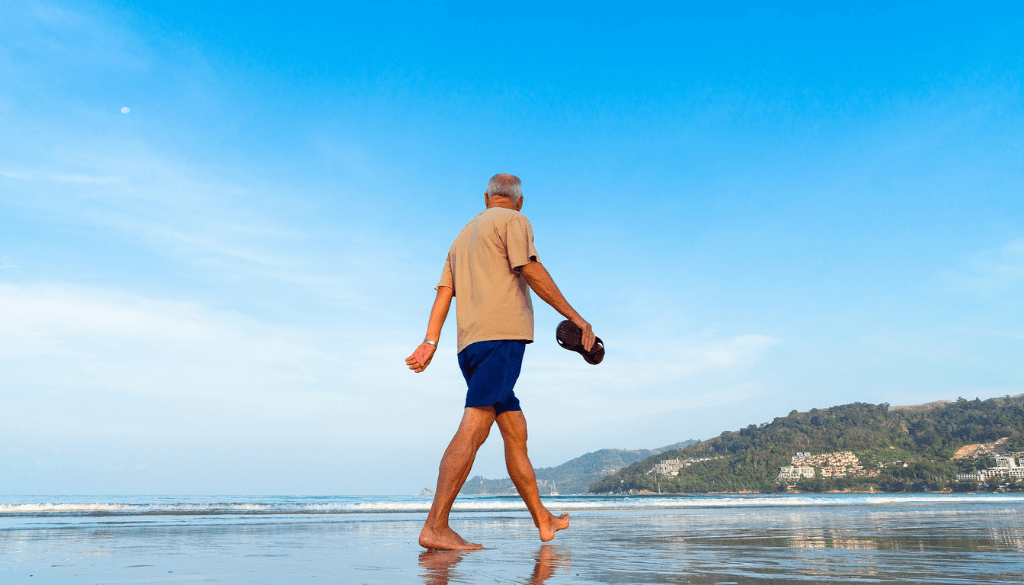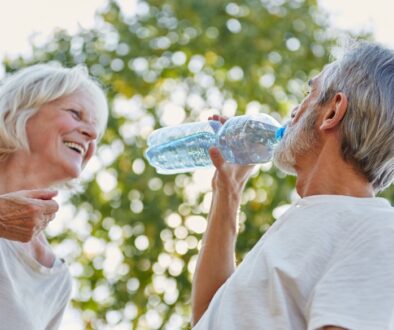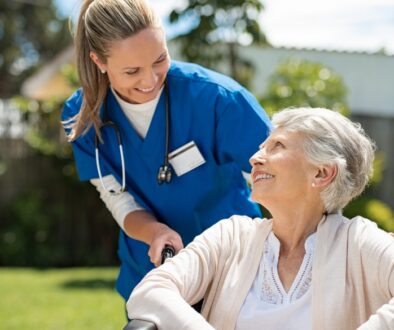How to Keep Seniors Active
When trying to best care for your aging parent or loved one, it’s important to explain the benefits of exercise and how it impacts their life. Being active can help your aging senior in a variety of ways, from strengthening social relationships to improving memory and preventing depression.
As you learn more about the benefits of staying active, you may find that you are surprised by a few of them.
Exercise is a Social Activity
For many seniors, exercise is a social event. A water aerobics class gives individuals the opportunity to connect with other seniors. A walking group allows a senior citizen to catch up on exercise while also learning about the latest social news. Any of these opportunities provide accountability and support for your loved one to stay motivated and engaged. In many cases, encouraging your senior to stay active means encouraging a healthy social life.
Exercise Improves Mood
Have you ever experienced the so-called “runner’s high?” If so, then you know one of the benefits of exercise is its ability to affect mood and disposition.
Exercising releases mood-boosting endorphins, which can help lessen feelings of depression. If your aging loved one is suffering from mood swings or depression, exercise could help re-direct their negative thoughts and provide a great deal of support.
Exercise Improves Strength and Mobility
Keeping the body strong is one of the most important tasks for an older adult, and exercise is the best way to improve both strength and mobility.
Seniors who “sit around” most of the time can suffer from atrophied muscles, difficulty breathing and walking, unsteady balance, poor blood flow, and other common physical problems. Simply getting off the couch and moving can help with these issues. Even a short walk a few times a day can benefit individuals!
Exercise Increases Mental Capacity
Physical activity has been directly linked to slowing down the process of mental decline. When you are physically active, every part of your body, including the brain, receives more blood flow. Blood flow encourages cell growth. By encouraging the senior in your life to stay active, you are actually encouraging better mental health and improved cognitive functioning.
Exercise Improves Healing
The healing process takes longer as we age, but exercise can help individuals heal faster. Active adults have wounds that heal as much as 25% faster than those who do not exercise. Beginning an exercise program now, before an incident occurs, may help your aging loved one benefit from improved healing and a faster recovery after an injury or surgical procedure.
Key Takeaways:
-
Exercise can help to improve all aspects of a senior’s life, including cognitive functioning, physical strength, and social interaction.
-
Exercising can help prevent serious physical and emotional problems, such as depression, chronic conditions, and memory decline.
- Encouraging your loved one to stay active can help them enjoy their senior years more with fewer physical complaints.
Source: UMH.org




